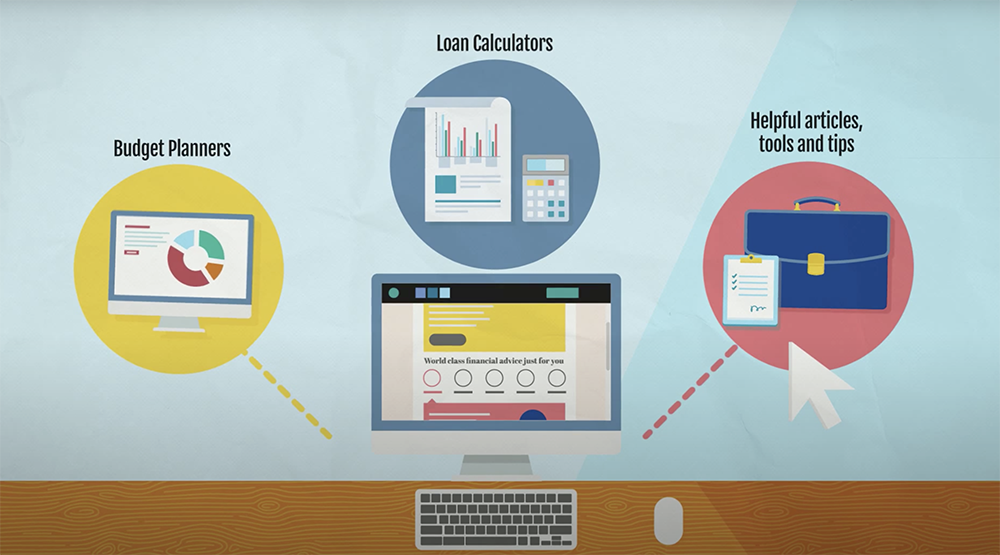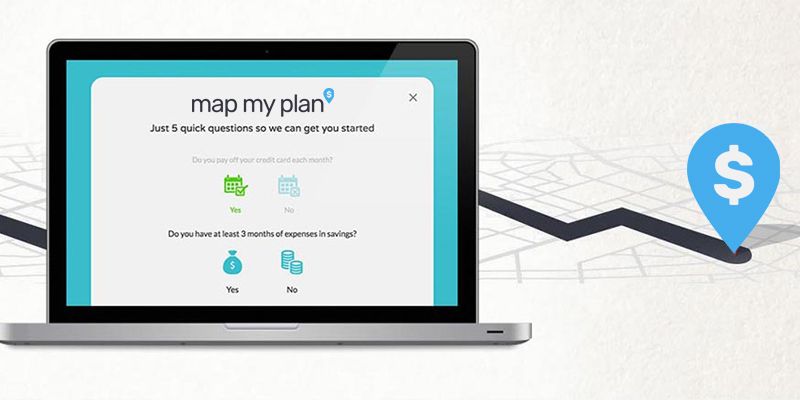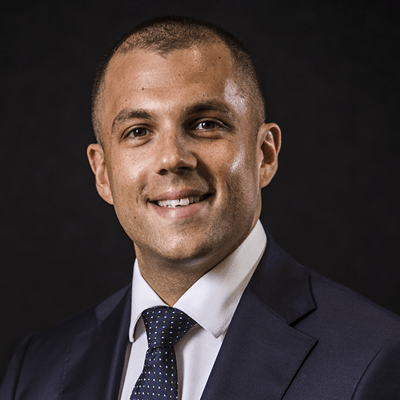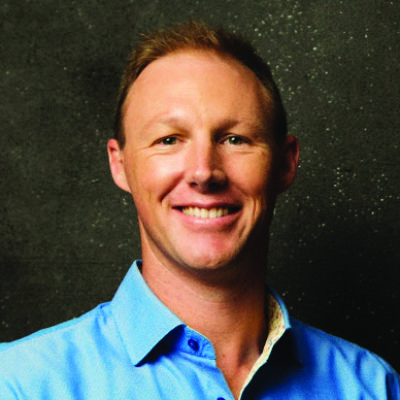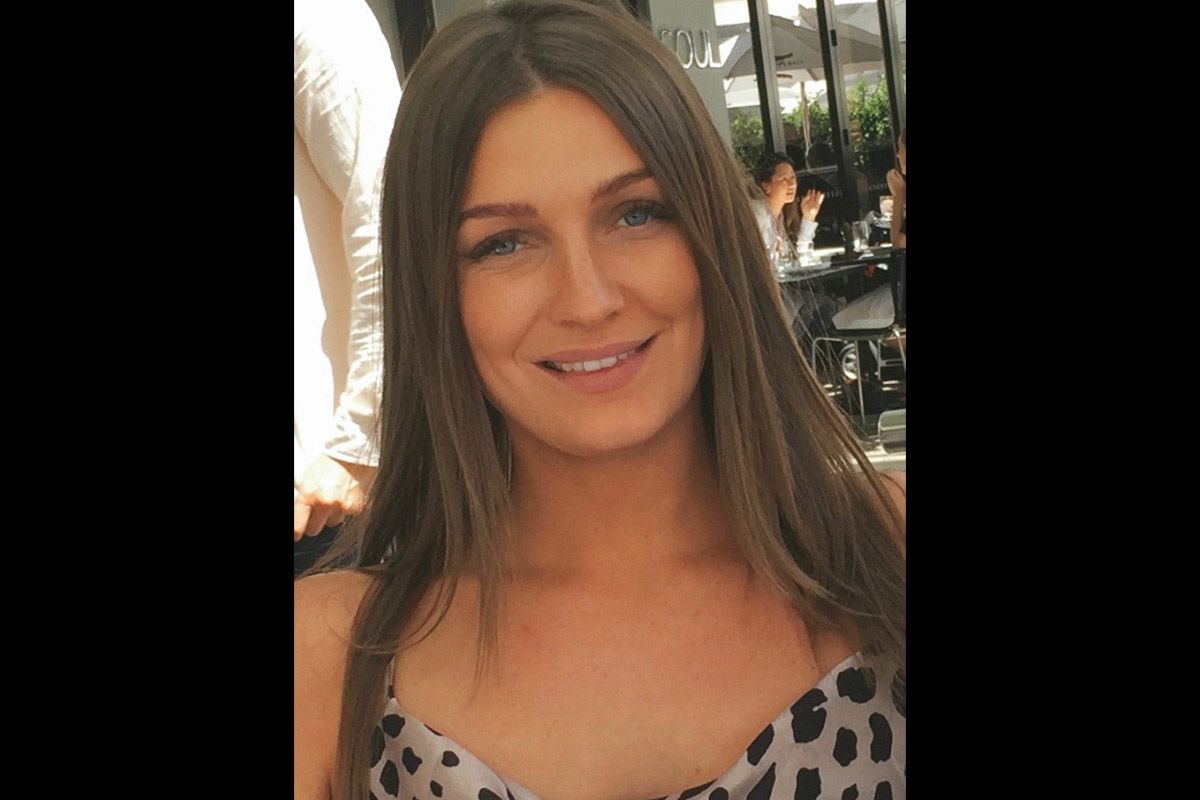
The ages of wealth – where you should financially be in life
Every decade of life is different, and each may need a different approach to money. You need to plan and to adapt to life’s changes along the way. Here are some things to consider during each decade.
Your 20s
You are going through a very exciting and full-on time in your life. Pre-COVID, this decade was the party season. But now, it may be a trying time. Many 20-somethings are living at home with their parents, if they can stand them, with no view to leaving.
Once university is done you have life to contend with. Many 20-year-olds still have no idea what career they want, which can be challenging. Some feel real pressure around picking their career; some thrive on it and jump straight into their dream job.
Others extend their studies or take a “gap year”, travelling, maybe working to make some money to stay away from home and reality for a little longer.
Then that first real job is here, and you’ve done your uni studies so you think you know it all and can do it all – but it doesn’t seem to work that way. The stuff taught at uni is kind of useful, in reality, it’s more about paperwork, processes and following orders. The invincible, know-it-all feeling can stick for a while, but inevitably your enthusiasm drops as working life reality kicks in.
Twenty-somethings these days rarely stay in a job for longer than two years according to the Household, Income and Labour Dynamics in Australia Survey, which can be attributed to an upbringing based in today’s instant society.
Instant satisfaction is a must and if you’re not getting it, you move on. You may end up with a few jobs under your belt, but if you’re not careful the endless list of positions on your resume can be a deterrent for the job you’ve dreamt of having your whole life. Today’s 20-year-olds are very different to any before.
Six-point checklist
- Save half: You don’t have many large outgoings, so save as much as you can, particularly if you’re living at home. Try and save half.
- Stay at home: More and more people are staying at home longer to save for, say, a house deposit. But this only works if you are actually saving!
- Start early: The Federal Government provides incentives for low-income earners to put money into super. Check the Australian Tax Office website for eligibility. So, you might want to look at this while you have surplus cash flow.
- Stay on top of your super: As you may be moving jobs, make sure that you keep your super going into one fund to save on multiple sets of fees.
- Insurance: You might not need insurance yet, but at 27 or so you’ll get it as cheaply as it will ever be. For health cover, do it by 30.
- Take advice: One thing many people say is “I wish I had listened to advice in my 20s”. Listen to others who have gone through it.
Your 30s
These have become the baby-making years. In 2019 a total of 395,072 babies were born to women with a median age of 30.8 years.
Having kids can be stressful. You’re not sure if you’re doing it right, and you’re getting endless advice on how to do it from all sorts of people. Yes, thanks, Mr Postman – I will look into signing my one-year-old up to violin lessons. No, Mrs Neighbour, I wouldn’t ever think of co-sleeping with my baby. There is lots to think about and time absolutely flies.
The 30s seem to be the money trouble times, mainly because you’re stretching every dollar. Time off work to have kids, then day care to go back to work costs so much you effectively work for less. Savings; education costs; everyday things like food and petrol: the list goes on and on.
This is also the time you’re most likely to be putting that big red SOLD sticker across a sign on the front of a house you just decided to live in. Which coincides with the time you signed up to having a very large weight strapped to your back, otherwise known as a mortgage. This can be a scary time in people’s lives as they usually have little knowledge of what they should be looking for in a lender or even loan itself. Fixed interest? Variable interest? Split loans? Fee or fee-free loans? Getting it wrong can be costly. So much stress.
There’s a lot going on and a lot to plan for – and if you don’t stop to look at your life, you may wake one day and wonder where 10 years went.
Six-point checklist
- Do a budget: And stick to it. People hate to hear the word budget, but it doesn’t mean “miss out on things”, it just means track your money and be careful.
- Save for a home deposit: If you’re renting, determine the house you want, the loan you need to get it, then work backwards. If your mortgage payment would be $650 per week and your rent is $400, you should be saving a minimum of $250 per week.
- Don’t plan for kids: You’re never going to be ready, so if you want kids and you are in reasonably good financial shape, go for it.
- Don’t let your super fall behind: This is the decade women’s super can suffer if you factor in parental leave, so consider your options.
- Get a will: If you’ve got kids, getting a will in place is a minimum.
- Check insurances: It can be a good idea to see a financial adviser to get this sorted. Mortgage insurance? It covers the bank, not you.
Your 40s
They say life begins at 40, perhaps because many feel like they have made it – kids, house, nice car, nice career: it all seems to be coming along nicely. It’s almost like you’ve got life figured out.
Many see this as halfway in life, which makes them think. Have I done enough? Should I be doing more? Will I get everything I want out of life? What did I miss out on? Mid-life crisis, people!
You have your finances sorted (or at least your day-to-day finances) and you want to upgrade things to match your refined tastes – and your wallet can provide for it, on occasion. A new car, a new couch. You’re looking to make your life more settled and in line with the vision of the life you want.
It’s also a time to become wise, not worrying about what others think about you and being your own person. There are signs that your body is starting to betray you, giving up when least expected and proving that you’re not invincible. Oh, did I mention wrinkles?
Some consider changing career to something more fulfilling, as it seems that this is the last chance. Any later and you’re too old and may find it difficult to find anything at all, let alone the job you’ve always wanted.
Six-point checklist
- Don’t freak out: While this is a time to reflect and be proud of what you’ve achieved, don’t start thinking about all the things you’ve missed out on. Looking backwards can mean you miss out on what’s ahead.
- Keep fit: It’s time to think about exercise and diet. Keeping healthy prevents so many things: getting in early is your best chance.
- Don’t overspend: If you can afford the Commodore you like, but you can’t afford the BMW, think about compromising. They’ll both get you to the same place, but one will impact on your retirement.
- Super: You haven’t really concentrated on super before and now’s the time to start doing something about it. Consider investment options or perhaps salary sacrifice.
- Consider investments: Putting money away in super for retirement sounds great but you also can’t access it until around age 65, so what if something happens in the meantime? Perhaps it’s time to consider investing in property or shares.
- Maintain insurances: Insurance cover is not only to cover your mortgage, it will also replace income if you or your partner can’t work.
Your 50s
Life may be pretty comfortable with the mortgage paid off, or close to it, kids on the way out or even gone and retirement to look forward to. While this can be a great time of your life – “me time” – there are often challenges to be faced in this decade.
Divorce among 50- to 59-year-olds is increasing in Australia. This means the assets you’ve built as a couple are now divided and your lifestyle and income requirements change. It can be a highly emotional time that takes a toll and produces long-term effects, personally as well as financially.
If you’re employed and happy at 50, you’re lucky. Some have been retrenched or lost jobs, then find it very hard to find alternative employment. You have a wealth of experience and knowledge and could do the job with your hands tied, but employers want a young gun straight out of uni as they’re cheaper and bring “fresh ideas”. Lining up at Centrelink wasn’t part of your long-term employment plan.
For some, kids leaving home can be a good thing, with less grumpiness and more space, time and money. For others, it can be a difficult time. Those parents who dedicated their lives to ensuring the children’s needs came first sometimes find the kids’ absence creates a vacuum.
Statistics show that if you’re going to have an illness or injury that stops you working, it’s probably going to happen now. But there are preventive measures, strategies and options that can help avoid or even eliminate life’s speed humps.
Six-point checklist
- Start thinking about yourself and what you want out of life: Ensure that the person by your side is the one who will be there through your golden years.
- Have a plan for the children: One big trap is that the kids stay … and stay. Perhaps consider setting up a trust fund for your children or helping them get on the property ladder by acting as a guarantor for their home deposits, if you don’t have excess cash.
- Plan your employment: Will your current job be viable and fulfilling through to retirement?
- See a financial adviser: With higher disposable income, advice from a qualified financial adviser can help you find out what you must do to achieve the retirement you want.
- Superannuation is key: If you haven’t got enough to retire on, you need to focus on it. Salary sacrificing is a great way to build wealth.
- Review insurance cover: The likelihood of claims rises as you age,
but the need for cover usually falls.
Your 60s
So, you’ve hit 60: who’s excited? Retirement is just moments away – although for some this will be later as the federal government pushes the pension age envelope.
There’s the expected freak-out as you question if you have enough money for your future. All the experts are saying you need at least $1 million, and your $257,000 isn’t anywhere close. How will you survive? Should you work longer? Will your employer allow you to stay longer? Can you keep doing this work longer? Will you qualify for the age pension? It’s definitely a time for questions.
There is also a fear of leaving the workforce. It’s what you’ve done all of your life, so to just finish can be daunting. Who you are can easily be wrapped up in what you do: no longer working can leave a hole in people’s lives and identities.
Another question many should ask before retirement is what you’ll actually do. Filling up the days can be a challenge. If you haven’t planned properly, you can quickly get bored, lonely or even feel like a burden to others. Partners who have formed their own lives in earlier retirement may feel put-upon now their partner is home 24/7.
Also, your kids are having kids – and with childcare so expensive and hard to find, those in their 60s who have retired may be thought of as “free babysitters who have nothing else to do”.
Medical concerns arise at this age. Senior cards offer discounts on many things, but cheaper medications and health care usually come only from the federal government. There’s lots to think about: you need a good plan and to be able to stick to it.
Six-point checklist
- See your financial adviser: You need to check in again to see exactly when you can retire and how long your money will last. Don’t think 65 is the magic age.
- Set a realistic retirement date: If you don’t want to retire, don’t. Just make sure you have enough money, as getting a job when you’re 75 might be tough.
- Start to think what you’ll do in retirement: Get a hobby, buy an old car to restore, plan holidays, book golf lessons. Just don’t try to do everything the first month.
- Don’t forget retirement is 20 years‑plus: You don’t have to automatically take all your money out of super once you retire or put it all into cash. Consider an account-based pension to help keep pace with inflation.
- Money in pension accounts converted from super: Once you are over 60 – super is held tax-free. This means there’s no tax on income earned in the fund or from growth in value.
- There is a misconception: As you’ve paid taxes all your working life, you will get an age pension. Not in Australia.
Your 70s
You’re living the high life. No kids, no work, lots of money! How could things get any better?
You’ve been in retirement for a little while now – but it’s not all it’s cracked up to be. There’s not much going on. If you don’t go on holiday once a year, you’ll go mad, but it’s a balancing act between having money for a trip and making sure you don’t use too much.
Making sure your money lasts is a major concern throughout your 70s, along with your health. You’ll find it deteriorates more now. Regular doctor’s visits are no longer a choice, they have become a necessity.
Towards the end of your 70s your social calendar is starting to get booked up. Sadly, it’s no longer parties and pub crawls, but funerals and wakes. This is also the time where you start to see grandkids – or you may even be lucky enough to be getting yourself some great-grandkids, which makes you sound old so you’d prefer to be called GG or “Greatpa”. Great grandkids are particularly good, as no one actually expects you to actively look after these little balls of energy. But they are cute and fun when they come for a visit with their parents. You get to spoil them without consequence.
If you don’t have a partner and your kids live far away, it’s important to keep actively participating (as much as your health allows) in things you love doing. If you have stayed on top of your super, you hopefully have a reasonable retirement income to enjoy life.
Six-point checklist
- Get involved: Waiting for family to visit can be lonely. Find things you like to do and keep your mind active. Join a book club, play golf, volunteer.
- Keep your health insurance: During your 70s and 80s, you will need your health insurance more than ever. According to Andrew Heaven from AMP’s WealthPartners Financial Solutions says this is the time you will spend the most on medication and health care.
- Make sure your estate is in order: It’s best to ensure that you have a watertight will: you don’t want a family break-up to be your legacy.
- Make sure you know how long your money is expected to last and keep track: Now more than ever you need to know, as it’s all you have.
- Apply for and use pension cards: You may qualify for an age pension; if not, many states and territories have seniors’ cards that provide good discounts.
- Review Centrelink entitlements regularly: You may become entitled to extra benefits that will help to make for a more comfortable retirement.








